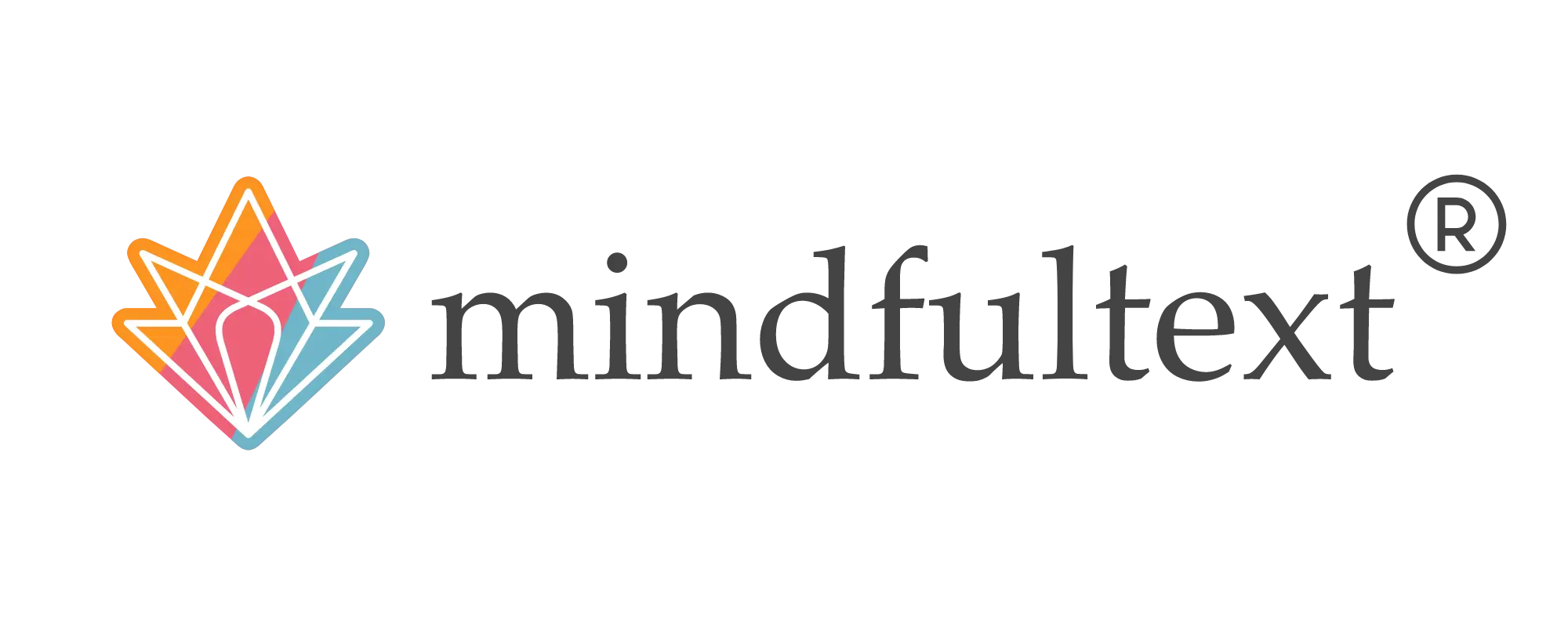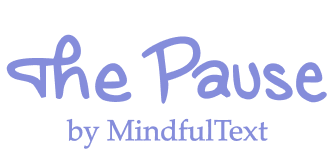
It’s no secret that adaptability is key during times of change, especially a career transition. Being able to roll with the punches, embrace new challenges, and quickly adapt to changing situations is critical for success in today's fast-paced, ever-evolving world. But we don’t always know how to become more adaptable, let alone maintain a consistent ability to adapt well to ever-changing circumstances in the long term.
Mindfulness is a powerful tool that can help you become a master of change and easily adapt to any kind of career transition. From reducing stress and anxiety to increasing self awareness, improving communication skills and more, mindfulness enables people to embrace new challenges, adapt to changing environments, and thrive – no matter what the future holds.
Your Secret Weapon for Navigating a Layoff
Losing your job can be a major shock to your system, both emotionally and financially. Suddenly, you're faced with a host of challenges, from coping with the loss of income and benefits to finding new employment and navigating the job market. Then there's the psychological impact of being laid off, which can include feelings of rejection, inadequacy, and uncertainty about the future.
Mindfulness can provide a helpful perspective when dealing with a layoff. By focusing on the present moment and observing one's thoughts and feelings without judgment, mindfulness can help create some distance from the situation. This distance allows you to see the layoff more objectively and recognize that it may not be a reflection of your work performance. This realization alleviates any feelings of self-blame or inadequacy that may arise, allowing you to approach the situation with a clearer, more level-headed mindset.
After a layoff, like most times of career transition, people typically feel stressed, and mindfulness has been proven through numerous clinical and real world studies to be a highly effective tool for reducing stress and anxiety. By practicing techniques like deep breathing, meditation, and body awareness, you can train your mind to let go of worries about the past and future and lower those unhealthy stress levels. Deep breathing, in particular, is a simple yet powerful mindfulness practice that has been proven to activate the relaxation response and calm the nervous system, helping to reduce stress and promote overall well being.
How Mindfulness Helps During the Career Transition
During the interview process, mindfulness can help you increase self-awareness, enabling you to better understand your motivations, values, and interests. By taking the time to reflect on what you really want in your career transition and what you're passionate about, you can better identify job opportunities that align with your talents and aspirations. This can ultimately lead to a more fulfilling career path and a greater sense of job satisfaction.
Exhibiting a high level of self-awareness during an interview also helps you stand out to hiring managers. By demonstrating that you have a clear understanding of your strengths, weaknesses, and goals, you show employers that you are thoughtful, introspective, and self-motivated. This can give you an edge over other candidates who may not have thought as deeply about their career aspirations or may struggle to articulate them effectively.
Mindfulness Can Help You Ease Into Your Role
Along with the excitement of a new career transition, there are unique challenges that come with it, such as managing a team, dealing with more responsibilities, and potentially working with new stakeholders. In this situation, mindfulness can be a game changer for you as a leader. Being mindful helps you communicate better and make better decisions, ultimately benefitting your team and the organization.
For example, imagine you are leading a project and a team member disagrees with your approach. Instead of immediately reacting, you take a moment to be present and listen to their perspective. This helps you to respond thoughtfully and find a better solution, rather than just shutting down the other person's idea. By being mindful, you are more likely to be a leader that your team can respect and trust.
Boost Organizational Resilience
Mindfulness isn’t just for individuals during times of transition - businesses also benefit from implementing mindfulness practices, especially in a world with the many challenges we have today. From uncertainty around the stock market and economy to inflation, supply chain challenges, and more, companies are facing many unique challenges today that weren’t present until recently. Mindfulness can help organizations adapt to changes in the business environment and make sound decisions even during chaotic times. Just like individuals, businesses can easily fall into the trap of making reactive decisions that are more based in emotion than solid reasoning, and mindfulness can help everyone take a step back, pause, and choose the best path forward.
Master a Career Transition
Mindfulness is a powerful tool that can help you navigate any kind of career transition with ease. By reducing stress and anxiety, increasing self-awareness, improving communication skills, focusing abilities, and decision making, mindfulness empowers individuals to adapt to changing environments and thrive in the face of uncertainty. Whether you're dealing with a layoff, interviewing for a new job, starting a new role, or leading a team, mindfulness can help you level up your career game and become a master of change.

